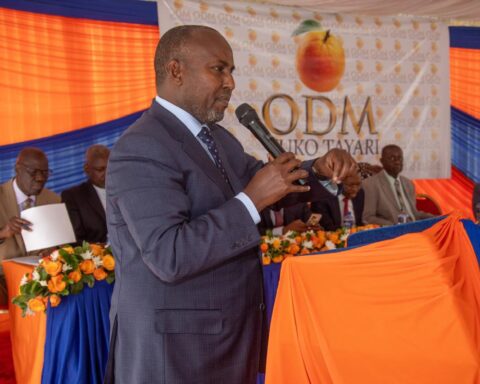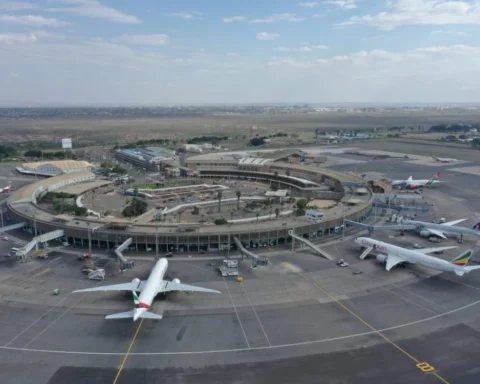Kenya is set to enter the financial markets next month to raise Ksh175.75 billion ($1.36 billion) through a securitised bond, an innovative financing model aimed at delivering critical infrastructure without deepening the country’s sovereign debt burden.
The bond, to be issued both locally and internationally, will channel most of its proceeds into road construction.
However, it will also play a central role in funding the ambitious Ksh258.46 billion ($2 billion) expansion of Nairobi’s Jomo Kenyatta International Airport (JKIA).
Transport Cabinet Secretary Davis Chirchir revealed that the government plans to invite global development lenders to participate in the JKIA upgrade, with the airport’s own revenues, such as passenger fees, landing charges, and other income streams, serving as collateral.
This approach shifts the financial responsibility away from the national balance sheet and directly onto the revenue-generating asset.
Securitisation works by converting these future income streams into tradable securities sold to investors, who are repaid from the asset’s earnings rather than taxpayer funds. For Kenya, the model offers the advantage of mobilising upfront capital while keeping the public debt ratio in check, a crucial consideration as debt servicing costs continue to rise.
“Instead of bringing concessions to build the airport, we build the airport that we can concession later,” Chirchir explained, stressing that the asset-first model provides flexibility and long-term value creation.
The government is already in talks with potential financiers, including the Japan International Cooperation Agency, China Exim Bank, KfW, the European Investment Bank, and the African Development Bank. Once funding is secured, plans will move forward for a second runway and a modern terminal building.
Chirchir also hinted at the possibility of constructing an entirely new airport to complement or replace JKIA, underscoring Kenya’s ambition to strengthen its position as a regional aviation hub. If successful, this securitised bond could redefine how Kenya finances its mega infrastructure projects, ushering in a new era of asset-backed, sustainable development.









